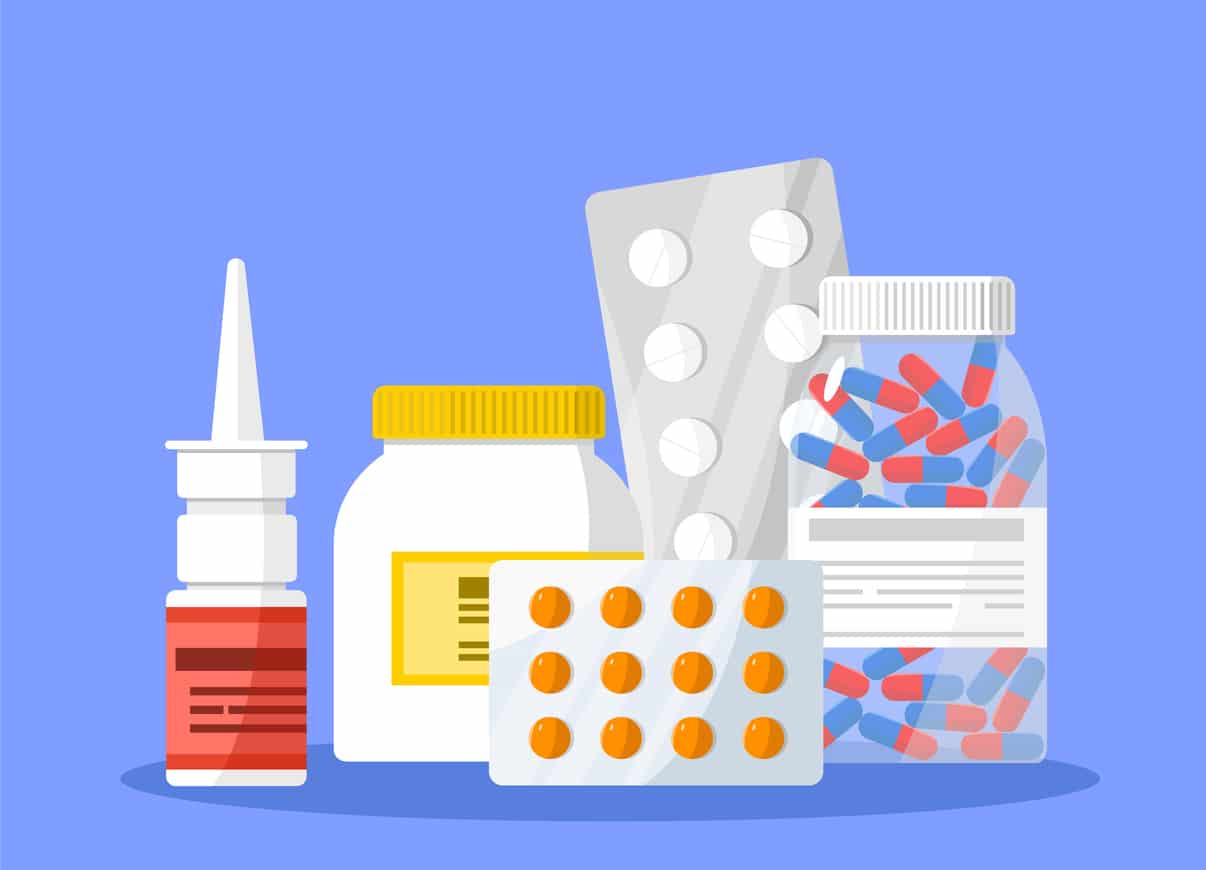Ototoxicity is a side effect of certain medications that damage your inner ear. Understanding the possible risks of taking these medications is crucial to setting realistic expectations for your hearing health.
Recognizing the Signs of Ototoxicity

Ototoxicity can develop suddenly or gradually. Symptoms may appear at the start of treatment or
even years later. Common signs include:
- Hearing loss in one or both ears
- Persistent ringing or buzzing (tinnitus)
- Dizziness or vertigo
- Unsteadiness or trouble walking in the dark
Many people notice tinnitus first because it’s a new sound, while hearing loss is the absence of old sounds you might not realize are missing.
Do We Know Which Medications Are Ototoxic?
We know of about 200 medications with ototoxic side effects. Some commonly prescribed examples include:
- Certain antibiotics (aminoglycosides) used for severe infections
- Chemotherapy drugs such as cisplatin
- Loop diuretics for heart failure or high blood pressure
- Quinine for malaria
- High-dose aspirin
Because many of these medications treat serious or life-threatening conditions, stopping them abruptly is not an option. In most cases, the benefits outweigh the risks.
Who Is at Greater Risk of Hearing Damage?
Your chances of developing ototoxicity depend on factors like medication type, dosage, treatment duration and exposure to other sources of hearing damage like loud noise. Some drugs pose a higher risk than others.
For example, a 2016 study of 488 male patients with germ cell tumors found that almost one in five patients who were treated for cancer with cisplatin developed hearing loss. Other drugs, like aspirin, are only likely to cause damage in high doses.
How Can I Protect My Hearing?
While you can’t always avoid ototoxic side effects, you can take steps to reduce their impact:
- Get a baseline hearing test before starting treatment
- Schedule regular hearing and balance checkups during and after treatment
- Wear ear protection at construction sites and concerts at the Starlight Ranch Event Center
- Maintain overall health with a balanced diet and regular exercise
If hearing loss does arise, early detection means benefiting from treatment options like hearing aids before it affects your life.
If you’re taking a medication with ototoxic potential, don’t wait for symptoms to appear. Schedule an evaluation with a hearing specialist today to establish a baseline, track changes and protect your long-term hearing.
